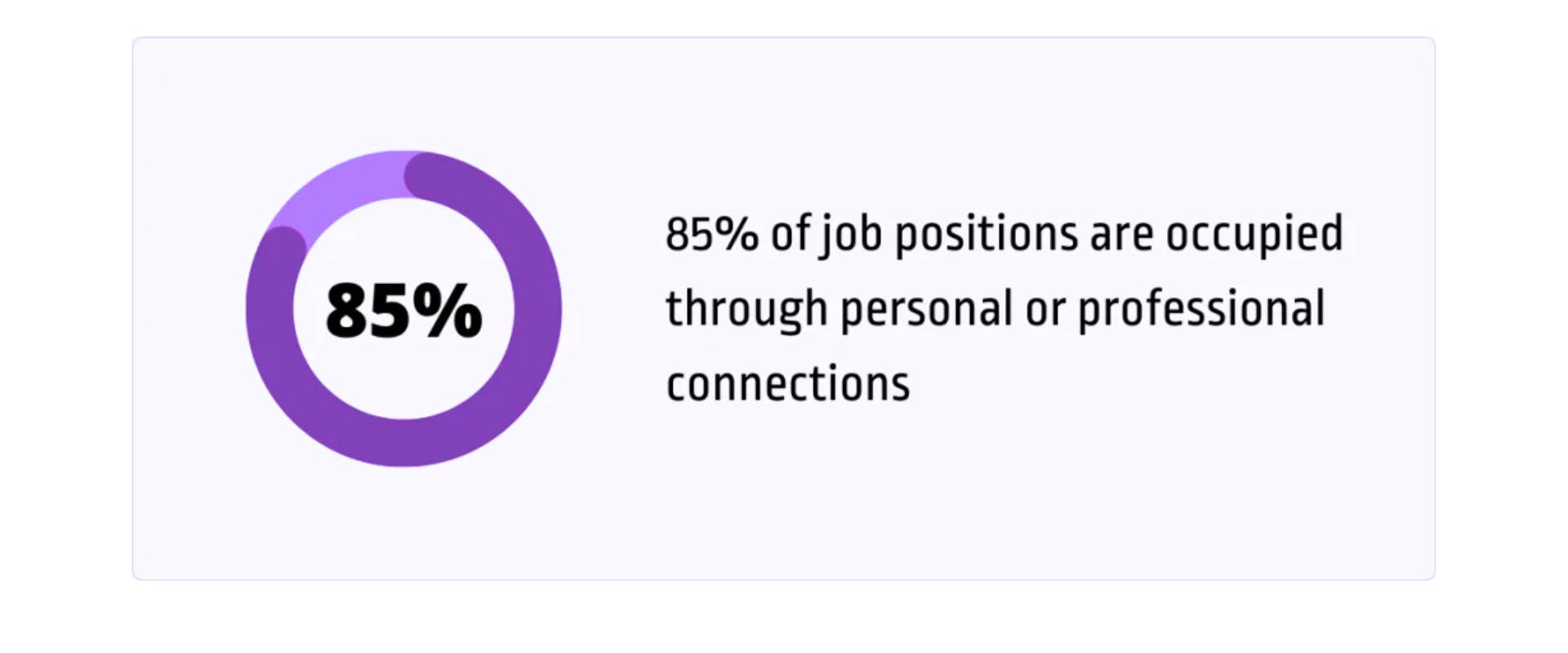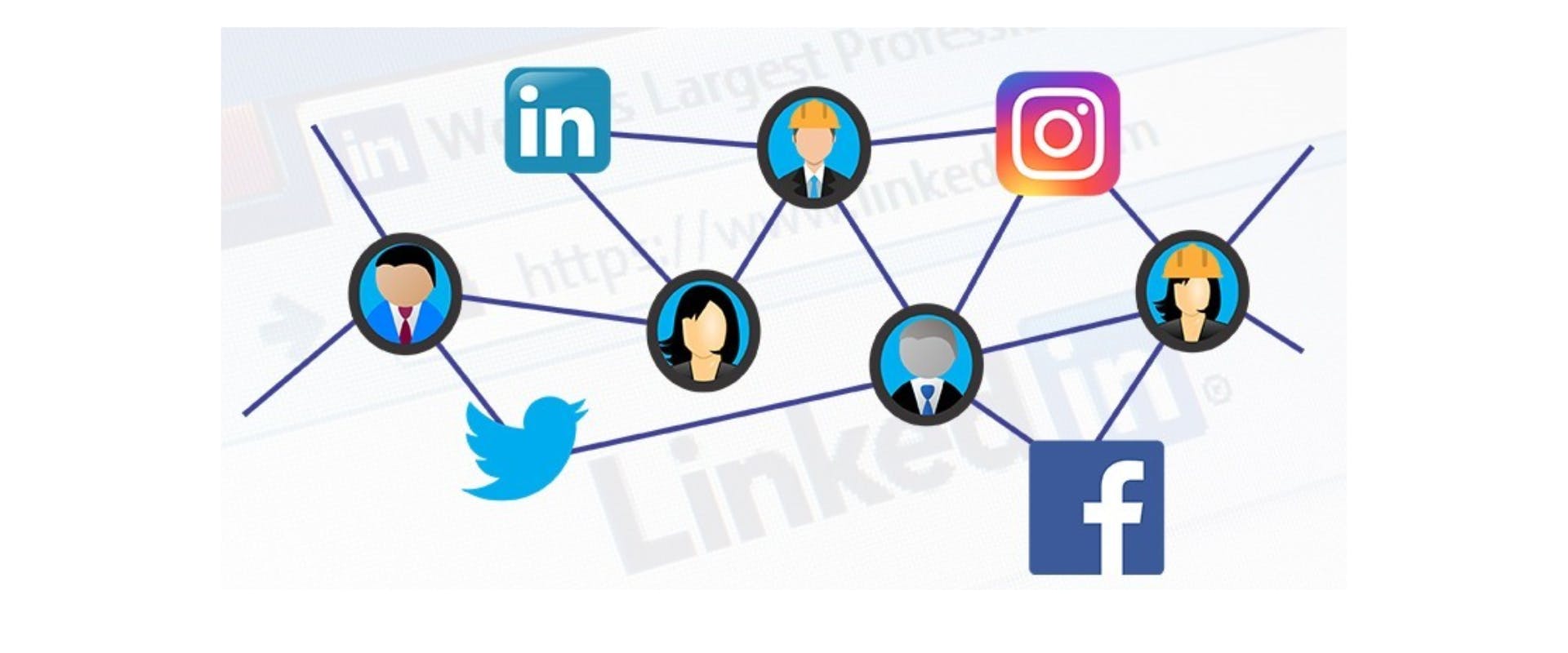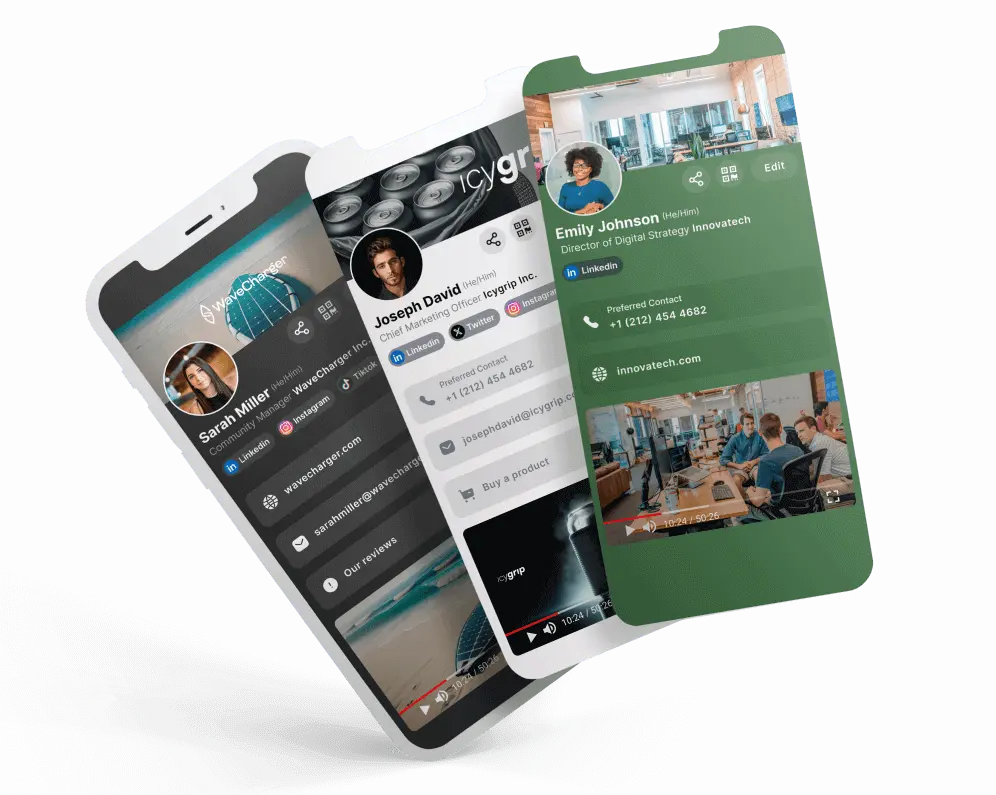 Go back to list of posts
Go back to list of postsWhy is networking the best way to get a job?
March 29, 2025
Landing a job nowadays requires more than just submitting applications through online job portals. While job boards like LinkedIn, Indeed, and Glassdoor remain popular, only a fraction of job seekers actually land roles through online applications. With increasing competition and the widespread use of applicant tracking systems (ATS), many qualified candidates find themselves overlooked.
So how do successful job seekers stand out? One of the most effective and time-tested strategies is networking.
Networking allows candidates to go beyond job postings, tap into opportunities before they’re advertised, and build relationships that can open doors — sometimes with just a single message or meeting.
II. Why Is Networking One of the Best Ways to Get a Job?
Networking offers something no resume or cover letter can: human connection. And in hiring, trust and familiarity matter. Recruiters and hiring managers are more inclined to consider candidates referred by people they know and trust.
Here’s why networking is so powerful in the job search:
- It humanizes the process: You become more than just a resume.
- It builds trust: When someone advocates for you, that endorsement carries weight.
- It shortens the hiring cycle: Referrals often skip steps and are fast-tracked to interviews.
- It provides context: Conversations allow you to share your story, motivations, and personality — something a resume can’t fully capture.
🔍 Medium: Companies are more likely to hire someone with a weaker resume if they come through a trusted referral than someone with a strong resume from an unknown applicant.
Networking isn’t just helpful — it can be transformational.

III. What Percentage of Jobs Are Found Through Networking?
While estimates vary by source, the numbers all point in the same direction: networking accounts for the majority of job placements.
- 85% of jobs are filled through networking, according to LinkedIn and HubSpot.
- 70% of jobs are never published publicly, known as the “hidden job market” (Forbes).
- Employee referrals increase the chance of getting hired by 4x, and referred candidates are hired faster and stay longer (Jobvite).
✅ According to a 2023 survey by Zippia, referrals have the highest applicant-to-hire conversion rate, at 40%, compared to just 7% from job boards.
These statistics emphasize the critical importance of building and maintaining a professional network — it’s not a bonus, it’s a job search essential.

IV. What Are Three Benefits of Networking When Searching for a Job?
1. Access to the Hidden Job Market
Many companies prefer to hire quietly — through internal referrals or word of mouth — especially for mid to senior-level roles. Business Networking gives you visibility into these opportunities before they’re posted online, if they’re posted at all.
Imagine hearing, “Hey, we’re opening a role next month. Want to talk to the hiring manager before it goes live?” That’s the power of a good network.
2. Personal Endorsements Carry More Weight
A recommendation from someone inside the company gives you a huge edge. It positions you as pre-vetted, boosts your credibility, and often leads to more serious consideration by recruiters.
✨ According to a report by SHRM (Society for Human Resource Management), referrals are the No. 1 source of new hires, because they’re seen as lower risk and higher quality.
3. Support, Insights, and Confidence
Networking isn’t just about asking for jobs — it’s also about learning from others. Conversations with professionals in your field can give you industry insights, help you prepare for interviews, and even boost your confidence. A strong network offers emotional and professional support during what can be a stressful time.

V. What Are the Two Most Popular Ways People Make Networking Contacts?
1. Online Platforms (Especially LinkedIn)
LinkedIn is the #1 platform for professional networking globally, with over 900 million members. Here are a few high-impact ways to use it:
- Comment meaningfully on posts from people in your industry
- Send personalized connection requests to alumni, hiring managers, or industry leaders
- Join and contribute to professional groups
- Share your own insights to build visibility
💡 Pro tip: According to LinkedIn’s own data, candidates who are referred by someone within the company are 9x more likely to get hired.
2. Warm Referrals Through Friends, Colleagues, or Alumni
Personal connections remain the most effective channel for job placement. Whether it’s a former manager, college friend, or coworker from a previous job, people you already know can:
- Introduce you to hiring managers
- Provide inside information about a company
- Recommend you for roles that aren’t public yet
🤝 Don’t be afraid to reach out with a simple message: “I admire the work you’re doing — would you be open to a 15-minute chat?”
VI. Conclusion: Make Networking Your Superpower
In an era where algorithms often decide who gets seen, networking puts control back in your hands. It enables job seekers to build real relationships, hear about jobs before the crowd, and present themselves as more than just a list of skills.
It’s not about asking for favors — it’s about building mutual value. People want to help others who show genuine interest, curiosity, and initiative.
So the next time you apply for a job, remember: behind every opportunity is a person. And your ability to connect with that person might just be what gets you hired.



